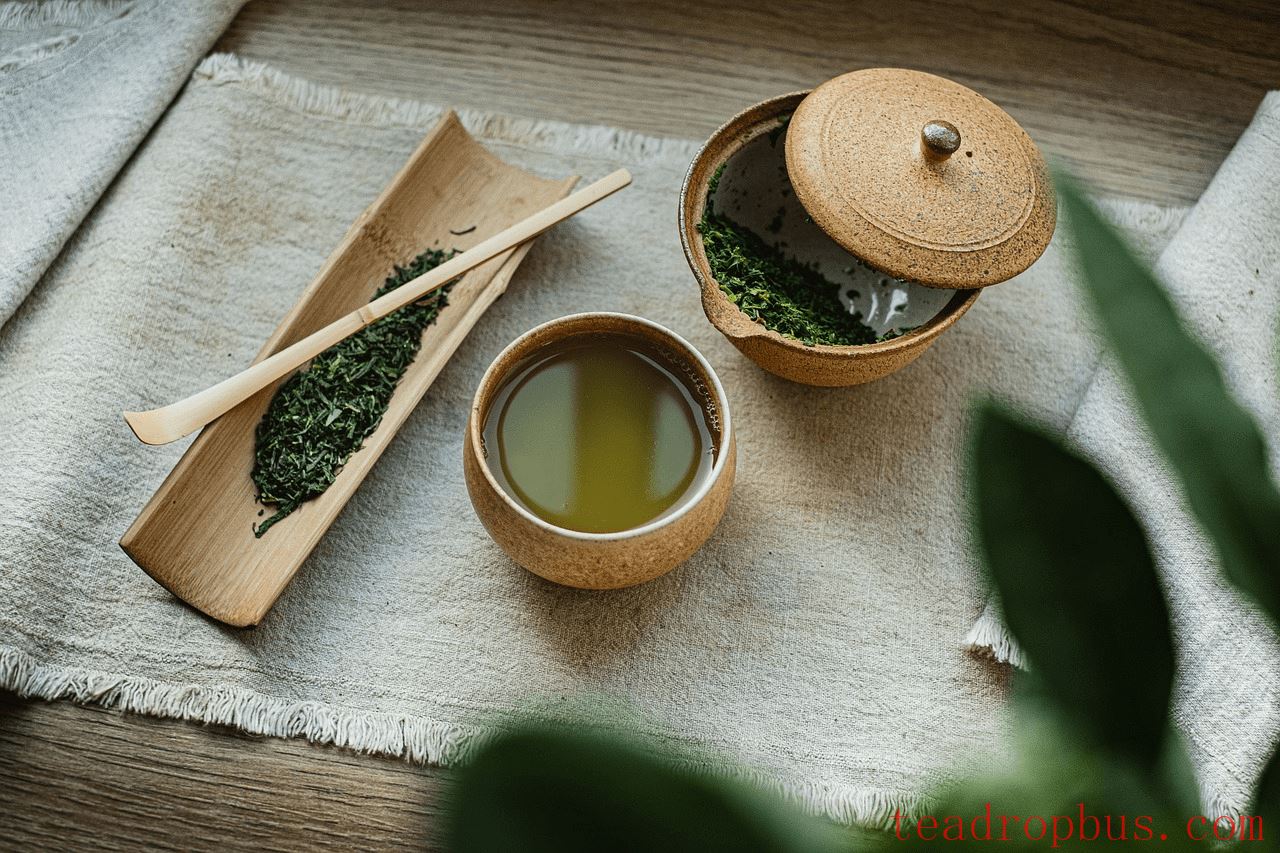In daily life, many people enjoy drinking Tea. Tea not only has the effects of invigorating the mind and quenching thirst but is also rich in various nutrients beneficial to human health. However, some people find that they have difficulty falling asleep, or even suffer from insomnia, after Drinking Tea. What's going on?

Excitatory Substances in Tea
The reason for being unable to sleep after drinking tea is mainly due to the presence of excitatory substances such as Caffeine, Theanine, and catechins in the tea.
- Caffeine: Caffeine is a central nervous system stimulant that can stimulate the cerebral cortex and keep people alert. Although the caffeine content in tea is less than in coffee, it still has a certain stimulating effect.
- Theanine: Theanine is an amino acid with calming and soothing effects. However, its absorption rate in the body is relatively slow, and its effects are often offset by caffeine.
- Catechins: Catechins also have an excitatory effect, promoting the secretion of neurotransmitters such as dopamine in the brain, causing feelings of excitement and pleasure.
Factors Affecting Sleep When Drinking Tea
In addition to the excitatory substances in tea, factors such as the time of drinking tea, the amount consumed, and individual constitution can also affect sleep.
- Time of Drinking Tea: If tea is consumed within two hours before bedtime, the caffeine and other excitatory substances may not have been metabolized in the body, potentially leading to insomnia.
- Amount of Tea Consumed: The larger the quantity of tea consumed, the more excitatory substances ingested, which makes it more likely to affect sleep.
- Individual Constitution: Some people are more sensitive to caffeine and other excitatory substances, and even small amounts of tea can cause insomnia.
How to Avoid Insomnia After Drinking Tea
To avoid insomnia after drinking tea, consider the following:
- Avoid drinking tea within two hours of bedtime.
- Control the amount of tea consumed, avoiding excessive consumption of strong tea each day.
- Select teas with lower caffeine content, such as White Tea or chrysanthemum tea.
- If you have a sensitive constitution, it's advisable to drink less or avoid tea altogether.
If insomnia occurs after drinking tea, try the following methods:
- Drink warm milk or honey water, which can help calm the mind and promote sleep.
- Engage in moderate exercise to help relax both mentally and physically.
- Create a good sleeping environment, keeping the bedroom quiet, dark, and cool.
Insomnia after drinking tea is primarily due to the presence of caffeine and other excitatory substances in tea. To avoid this situation, pay attention to the timing of tea consumption, the amount consumed, and your personal constitution. If insomnia symptoms occur, try drinking warm milk or honey water, engaging in moderate exercise, and other methods to improve sleep quality.